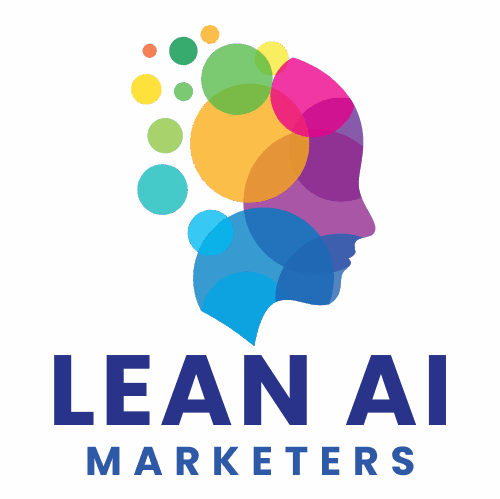How AI Is Rewriting the Rules of SEO

SEO used to be simple. You picked a keyword, placed it in your content a few times, and waited for Google to rank your page. But that model is outdated. Search engines no longer just match exact words. They’re looking for meaning, context, and value.
With the rise of AI and language models, SEO has become more about covering a topic thoroughly than repeating the right phrase. If you’re still building your strategy around individual keywords, you’re missing the bigger picture. This article breaks down how AI is reshaping search and how you can stay ahead by thinking in concepts, not just keywords.
1. The End of the Keyword-Only Era
Google’s algorithm updates — from RankBrain to BERT to SGE — have pushed SEO into new territory. These updates help Google understand what users mean, not just what they type.
For example, if someone searches “best running shoes for flat feet,” Google doesn’t just rank pages with that phrase repeated. It looks for pages that explain arch support, shoe structure, gait mechanics, and user reviews. It wants to serve the most helpful answer, even if the exact keyword appears only once.
What does that mean for you? Trying to rank with just a handful of keywords is no longer enough. You need to understand the intent behind those keywords and create content that addresses it in full.
2. What Concept-Based SEO Really Means
Concept-based SEO is built around understanding topics, not just terms. It’s about mapping out what someone is trying to learn, solve, or decide — and covering it in a structured, relevant way.
Search engines are getting better at identifying entities (people, places, things) and how they relate. They can recognize that “scaling an MVP,” “growth loops,” and “user retention” are all related to SaaS product strategy. A single article that addresses the entire concept will often outperform five pages that each target a narrow keyword.
Instead of writing separate posts for “launching an MVP” and “early stage startup tech stacks,” you can write a piece on building an MVP that naturally includes both topics. You’re now speaking to Google like a subject matter expert, not a keyword farmer.
3. How AI Helps Bridge Content and Intent
AI tools are changing how we create, structure, and optimize content. Tools like MarketMuse, Clearscope, and Frase analyze top-ranking pages and surface the themes, questions, and entities you should include. This gives you a deeper view of what Google sees as relevant — not just what keywords to target.
Generative AI platforms like ChatGPT, Claude, or Jasper also help by creating outlines, breaking down complex ideas, and suggesting subtopics. With the right prompt, you can build content around intent clusters in minutes.
Example prompt:
“Create an outline for a blog post about ‘launching an MVP’ targeted at early-stage SaaS founders. Include related questions, subtopics, and user pain points.”
This approach ensures your content is broad enough to rank but focused enough to convert.
4. Building Topic Authority with AI
Search is becoming more about topical authority than individual page performance. Google rewards websites that cover a subject deeply and consistently. AI can help lean teams punch above their weight by scaling this process without bloated headcount.
Here’s how:
- Use AI to generate lists of subtopics from a primary theme
- Organize these into clusters and assign internal links between them
- Prompt AI to follow your brand voice while covering each subtopic in full
- Audit your existing content using NLP tools to find gaps and redundant pieces
When your content ecosystem reflects depth and structure, Google sees your site as a credible source on the topic.
5. Action Plan for Lean SEO Teams
You don’t need a big team or budget to make this work. You need a framework and the right tools.
Here’s how to get started:
- Choose 3 to 5 core concepts you want to rank for (e.g. AI marketing, go-to-market strategies, content automation)
- Use AI tools to identify supporting subtopics and related search intents
- Build a content hub for each concept: one pillar page, 4 to 8 supporting pieces
- Connect them with strategic internal links
- Optimize using tools like Surfer SEO or Clearscope for semantic depth
Over time, you’ll build authority across multiple concepts — not just single terms. This makes your rankings more resilient and your site harder to displace.
Conclusion
Search engines now care more about meaning than match. They reward content that answers questions, explores related themes, and reflects real expertise. With AI, lean marketers can finally compete with larger teams by turning raw ideas into strategic, structured content that ranks.
It’s no longer about chasing keywords. It’s about owning concepts.








